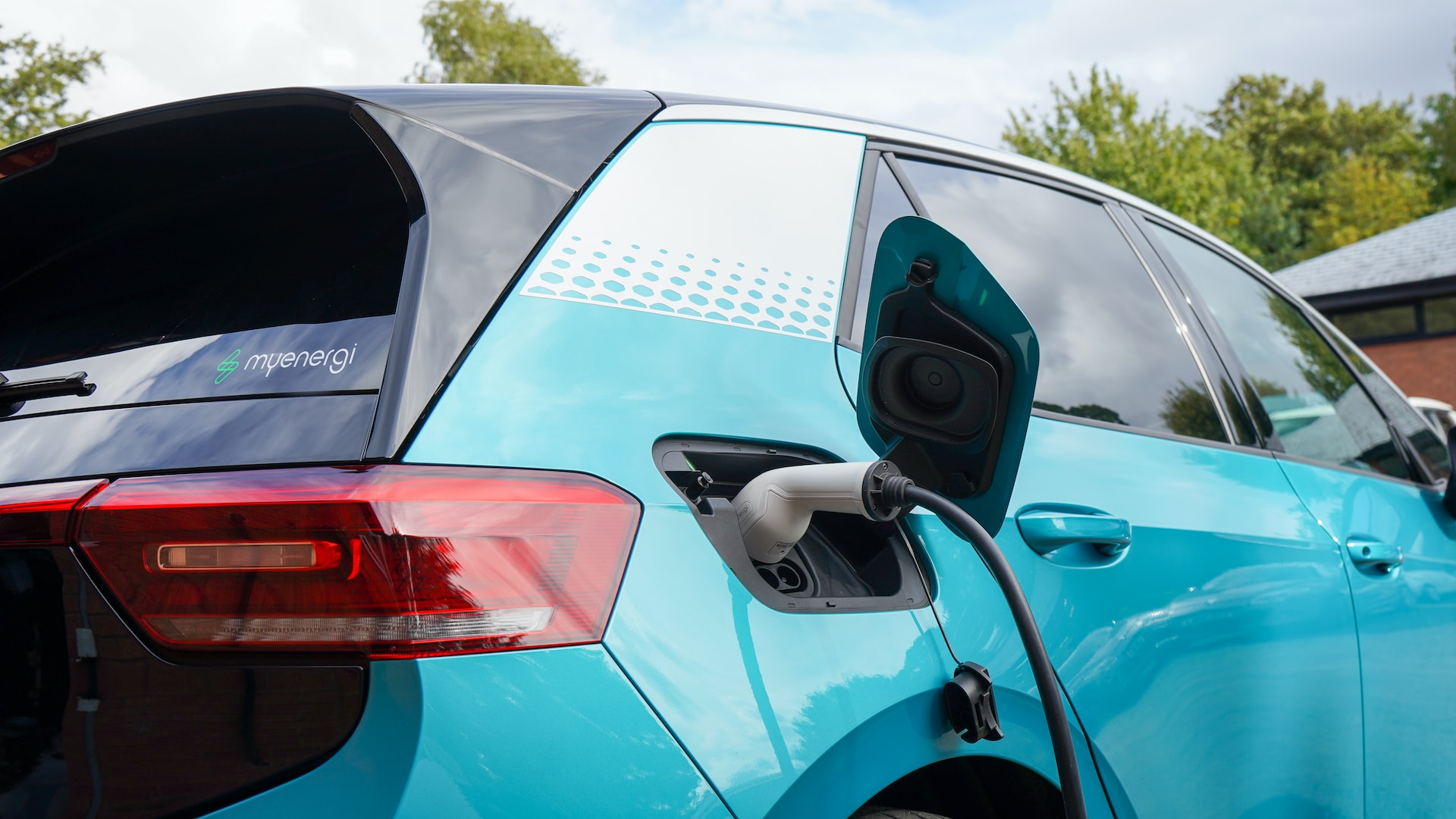Introduction
The European Union (EU) has witnessed a remarkable surge in electric vehicle (EV) sales, with an astounding 71% increase fueled by government subsidies. This exponential growth in EV adoption represents a significant stride towards achieving sustainable and eco-friendly transportation. In this article, we will explore the factors behind the EU’s substantial rise in electric vehicle sales, the impact of subsidies, and the implications for the future of sustainable mobility.
Driving Forces: Government Subsidies
One of the key drivers behind the surge in EU electric vehicle sales is the substantial support provided by government subsidies. Recognizing the importance of transitioning to cleaner transportation, EU member states have implemented various financial incentives to encourage consumers to choose electric vehicles. These incentives include purchase grants, tax credits, and reduced charging costs, making EVs more financially accessible and appealing. The availability of government subsidies has played a pivotal role in incentivizing consumers to embrace electric vehicles, propelling the significant growth in sales.
Environmental Consciousness and Climate Goals
The increasing awareness of environmental concerns and the urgency to combat climate change have significantly contributed to the rise in EV sales within the EU. With stringent emission regulations and ambitious climate targets, the EU has been at the forefront of sustainability efforts. Electric vehicles, with their zero tailpipe emissions, offer a viable solution to reduce greenhouse gas emissions and improve air quality. The growing environmental consciousness among consumers, combined with the availability of EV subsidies, has motivated individuals and businesses to opt for electric vehicles as a means to contribute to a cleaner and greener future.
Expanding Charging Infrastructure
The development of a robust charging infrastructure has been crucial in supporting the surge in electric vehicle sales. Recognizing the importance of addressing range anxiety and providing convenient charging options, the EU has invested significantly in expanding the charging network. Public charging stations, workplace chargers, and residential charging solutions have become more prevalent, offering EV owners the confidence and convenience they need for their daily commutes and long-distance travels. The availability of a reliable and widespread charging infrastructure has played a vital role in boosting consumer confidence and promoting EV adoption.
Technological Advancements and Model Diversity
The rapid advancements in electric vehicle technology, coupled with an increasing variety of electric models available in the market, have further fueled the surge in EV sales. Automotive manufacturers have been investing heavily in research and development, leading to significant improvements in battery technology, driving range, and overall performance of electric vehicles. Moreover, a diverse range of electric models, including sedans, SUVs, and hatchbacks, cater to different consumer preferences and needs. This wider selection of electric vehicles has played a pivotal role in attracting a broader consumer base, driving the remarkable sales growth.
Economic and Employment Benefits
The surge in electric vehicle sales within the EU not only contributes to a cleaner environment but also brings notable economic benefits. The growing demand for EVs has resulted in job creation and investment opportunities across the automotive industry. From manufacturing electric vehicles and producing battery technology to expanding charging infrastructure, the electric mobility sector has become a significant contributor to economic growth and innovation. The electric vehicle market has the potential to generate employment opportunities and drive economic sustainability in the EU.
Future Opportunities and Challenges
While the remarkable 71% increase in EU electric vehicle sales is a significant achievement, challenges remain on the path towards widespread electric mobility. Continued investment in charging infrastructure is crucial to ensure seamless charging experiences, address range limitations, and accommodate the growing number of EVs on the road. Standardization of charging protocols and interoperability among different charging networks will further enhance the user experience and promote cross-border electric travel.
Additionally, ongoing research and development efforts are needed to advance battery technology, enhance energy storage capacity, and reduce the overall cost of electric vehicles. Innovation in renewable energy sources and smart grid integration will also play a vital role in supporting the transition to electric mobility and ensuring a sustainable energy ecosystem.
Conclusion
The EU’s remarkable 71% increase in electric vehicle sales, fueled by government subsidies, reflects a significant step towards achieving sustainable and environmentally-friendly transportation. The availability of financial incentives, combined with growing environmental consciousness, expanding charging infrastructure, and technological advancements, has accelerated the adoption of electric vehicles. As the EU continues to prioritize sustainable mobility, it can further capitalize on this momentum by addressing challenges, such as charging infrastructure expansion and technological innovation. By fostering a supportive ecosystem, the EU can continue to accelerate towards a future of sustainable transportation, reducing carbon emissions and creating a cleaner and greener environment for generations to come.




